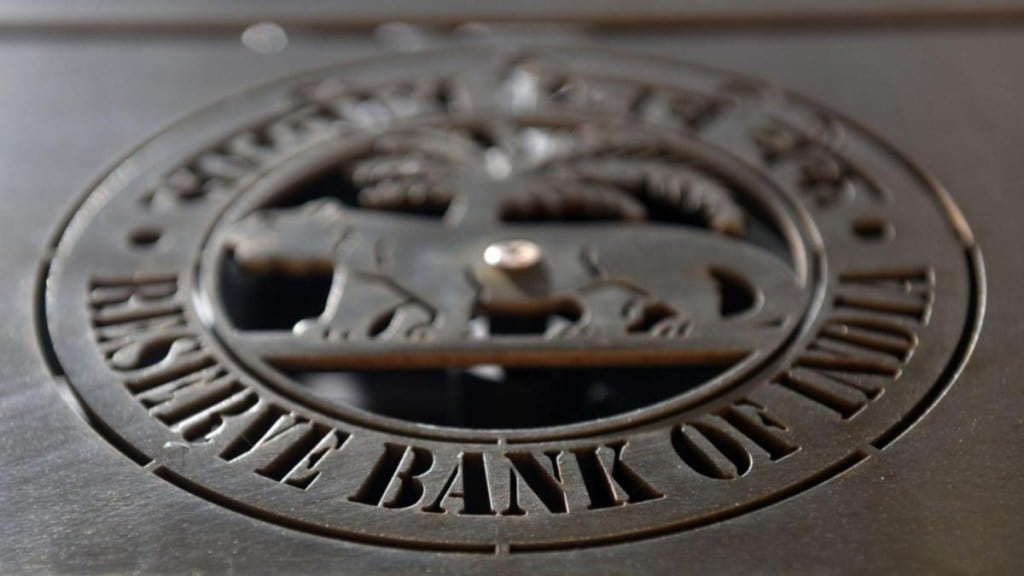The government and the Indian Banks Association (IBA) are studying the Reserve Bank of India’s (RBI) draft guidelines on project financing, which banks fear could lead to additional provisioning requirements, financial services secretary Vivek Joshi said on Friday.
The RBI draft guidelines, if implemented, could lead to a rise in interest costs for infrastructure companies as banks would pass on the additional cost.
“The government is studying the draft regulations of RBI on project finance and will send its response if required,” Joshi said at a CII event here.
He said banks feel they may have to make more provisioning and that may be worrying them.
Among others, the proposed guidelines could lead to a disruption in the highways sector, which has witnessed aggressive public capex over several years, and was expecting a return of private risk capital to the sector.
The RBI’s draft guidelines were released on May 3 for public comments and cover “Infrastructure, Non-Infrastructure and Commercial Real Estate” sectors. The last day for comments is June 15.
The guidelines demarcate provisions to be made for loans by lenders in the design phase, construction phase and commencement phase and commencement of commercial operations.
Joshi said he cannot comment on the merger or privatisation of Public Sector Banks (PSBs) during the ongoing Lok Sabha polls.
Asked to clarify reports of the merger of public sector banks (PSBs), he said: “Elections are going on, it is not appropriate to comment on such issues.”
In the past, the government consolidated PSBs in two tranches.
The consolidation, which took effect in April 2020, saw 10 PSBs consolidate into four. Oriental Bank of Commerce and United Bank of India merged with Punjab National Bank; Syndicate Bank merged with Canara Bank; Andhra Bank and Corporation Bank merged with Union Bank of India; and Allahabad Bank with Indian Bank.
Prior to this, Vijaya Bank and Dena Bank had merged with Bank of Baroda with effect from April 1, 2019.
(With PTI inputs)
